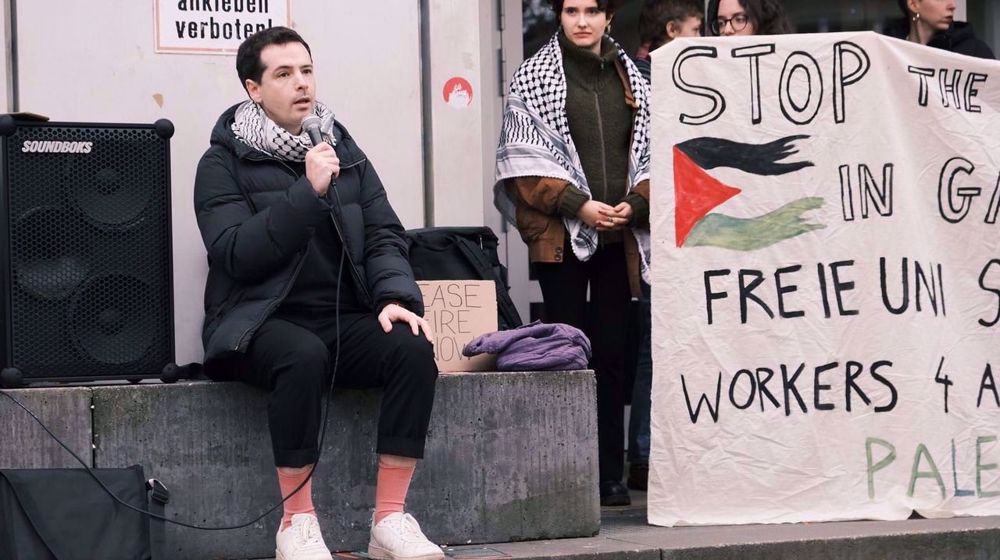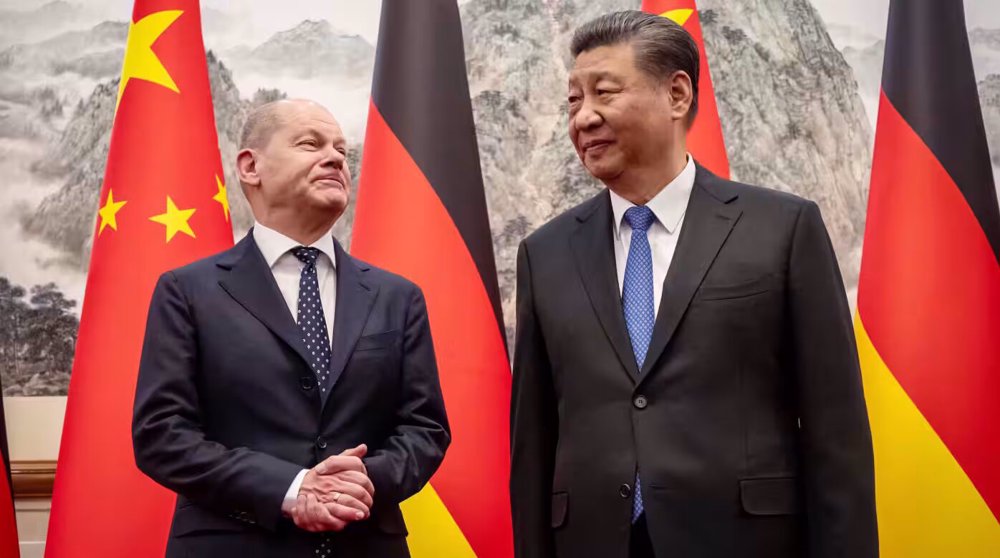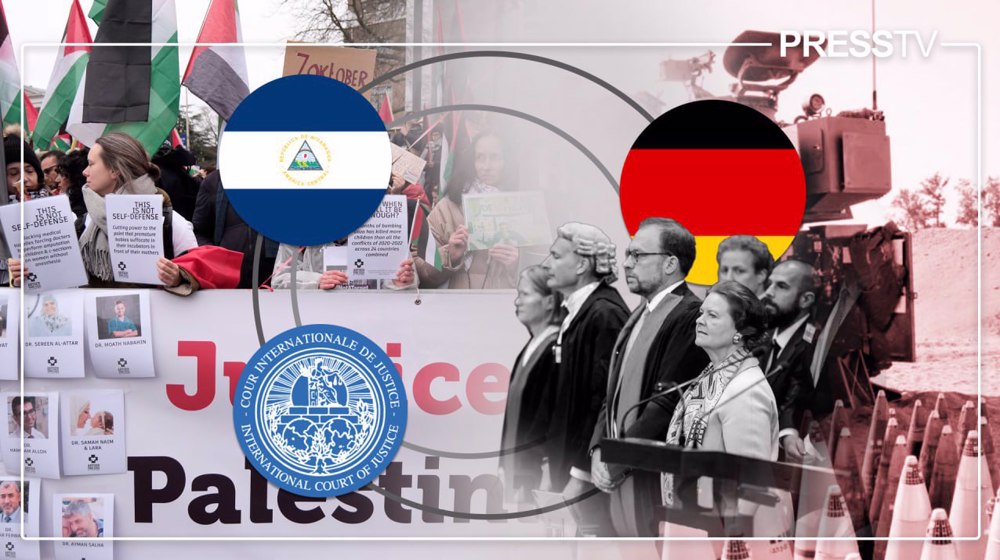German chancellor urges reforms in UNSC’s make-up
German Chancellor Angela Merkel has called for reforms in the composition of the United Nations Security Council, saying the powerful body needs to reflect “real power” distribution in today’s world.
"We need a new method of work to solve problems," Merkel said in Saturday remarks as quoted in a Reuters report. "That makes reform of the Security Council necessary, reform which reflects the real power in the world better than the situation today," she added.
According to the report, Merkel’s appeal came in her opening remarks at a meeting with her counterparts from Brazil, India, and Japan as cited in the summary of her statements at the meeting, provided to reporters by the German delegation attending the UN General Assembly meeting in New York.
"The current atmosphere is that not only we four but many others don't agree with the structure and the working method of the Security Council," added the German chancellor at the meeting. "We want to take others with us to reach a modern working structure of the Security Council which suits the 21st century."

"We have to proceed very wisely," she further noted. "We have to find allies to reach our goal of reform."
Currently, the UN’s most powerful body has 15 members, including five permanent ones -- namely the US, Britain, France, Russia and China – which were key allies during the World War II.
The council is empowered to issue legally binding resolutions, impose sanctions and even authorize military action to enforce its verdicts, often influenced according to self-serving interests of the council’s veto-wielding permanent members.
Meanwhile, the 10 revolving council members are elected for two-year terms by the General Assembly.
Germany, Japan, India and Brazil argue that the world today is quite different from what it was in 1945, when the UN was established, and the Security Council should reflect that.
Additionally, Germany and Japan further argue that, as financial powers and top contributors to the UN, they deserve permanent membership in the council.
However, the current permanent Security Council members can and will likely veto any efforts to reform the body.
Gaza faces imminent famine as people starving to death: UN warns
North Korea to stand up to sanctions, bolster military power: Official
Hezbollah says 2,000 Israeli forces killed, injured in operations since Gaza war began
War of wills: Iran army chief vows crushing response to any aggression
April 24: ‘Axis of Resistance’ operations against Israeli occupation
Tabas sand defeats US military
'US secretly sent long-range ATACMS missiles to Ukraine in recent weeks'
Iran: Awakened world public opinion determined to stop Israel war crimes










 This makes it easy to access the Press TV website
This makes it easy to access the Press TV website